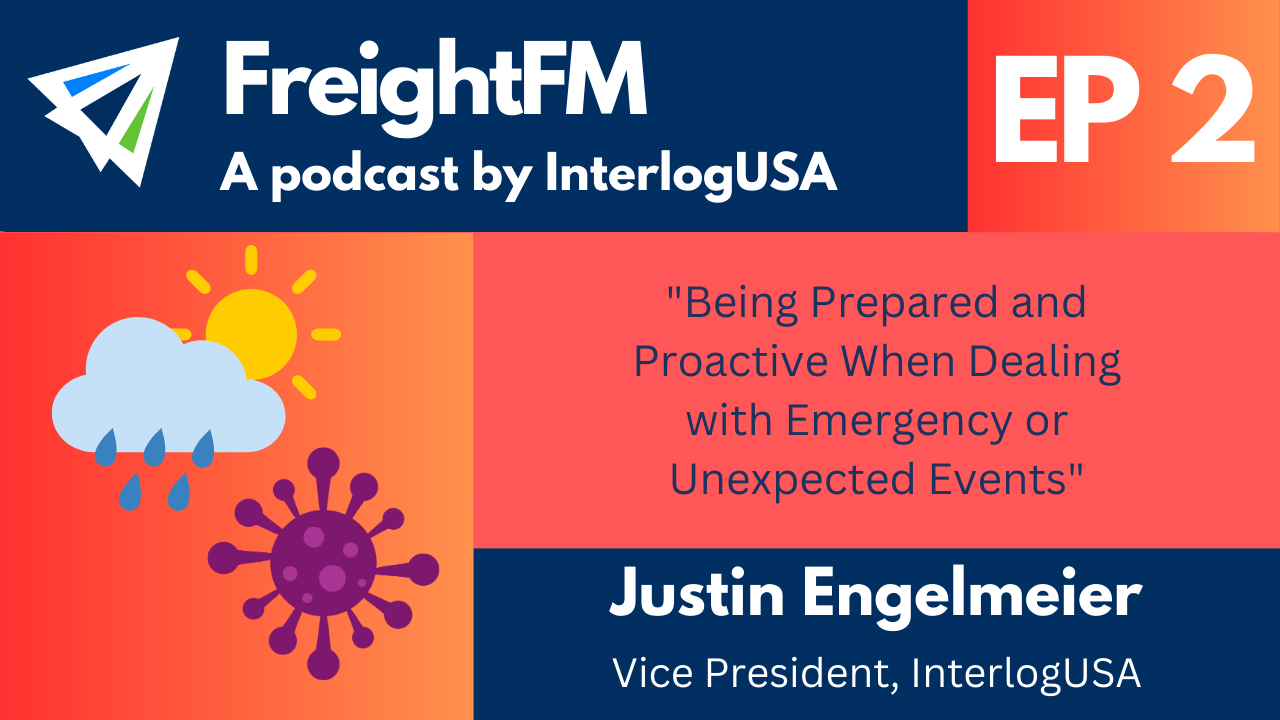In the fast-paced world of shipping, having a robust contingency plan is not just a smart move – it’s essential. From unexpected disruptions (ie. the COVID-19 pandemic, Baltimore bridge collapse, etc..) to cost management and customer satisfaction, the need for well thought-out backup strategies cannot be overstated.
In this blog, we explain why contingency plans and alternative options are important for shippers.
Importance in Backup Plans
Navigating unexpected disruptions –
Shipping is inherently unpredictable. Weather events, strikes, accidents, and even geopolitical issues can derail carefully planned routes and schedules. Contingency plans act as a safety net, allowing shippers to respond swiftly and effectively to these disruptions. Even when you think you may not have any issues, by having backup options in place, shippers can minimize delays and keep their operations on track.
Enhancing supply chain resilience –
The supply chain is a complex web of interconnected elements, and the failure of one link can impact the entire system, like dominos. Alternative options ensure that if one route or transportation method becomes unavailable, shippers have other viable paths to choose from. This resilience is crucial for maintaining the continuous flow of goods and avoiding major interruptions.
Managing costs effectively –
Emergencies and disruptions often come with added costs, such as expedited shipping fees or rerouting charges. A well-prepared contingency plan helps shippers manage these unexpected expenses by having pre-negotiated backup options or alternative suppliers ready. This proactive approach can significantly reduce the financial impact of unforeseen issues, and at the very least give shippers a heads up that increased costs may occur.
Maintaining customer satisfaction –
In the shipping industry, timely delivery is a key factor in customer satisfaction. Delays can lead to unhappy customers and potential loss of business. By implementing contingency plans, shippers can provide timely updates and alternative solutions, ensuring that customers remain informed and satisfied, even when things don’t go as planned.
Gaining a competitive edge –
In a competitive market, being prepared for disruptions gives shippers an advantage over competitors who may not have contingency plans in place. Quick problem resolution and reliable service can set a shipper apart from the rest, making them a preferred choice for customers.
Boosting operational efficiency –
Effective contingency planning streamlines operations and reduces the chaos that can arise during unexpected disruptions. By having clear procedures and backup options, shippers can handle issues more efficiently, leading to smoother logistics and overall better operational performance.
Relevant Content: “Being Prepared and Proactive When Dealing with Emergency or Unexpected Events”
Looking Ahead
At the end of the day, there’s only so much you can control. But, in the dynamic world of shipping, where uncertainty is the only constant, contingency plans and alternative options are not just a safety net – they’re a strategic necessity.
They help shippers navigate disruptions, enhance supply chain resilience, manage costs, maintain customer satisfaction, gain a competitive edge, and boost operational efficiency. Investing time and resources into developing these plans is a proactive step towards achieving reliable, efficient, and successful shipping operations.
Should you have any questions regarding this, please reach out to our team today. Additionally, we have our weekly market updates that provide freight news, updates, and other developments across the international shipping industry.

